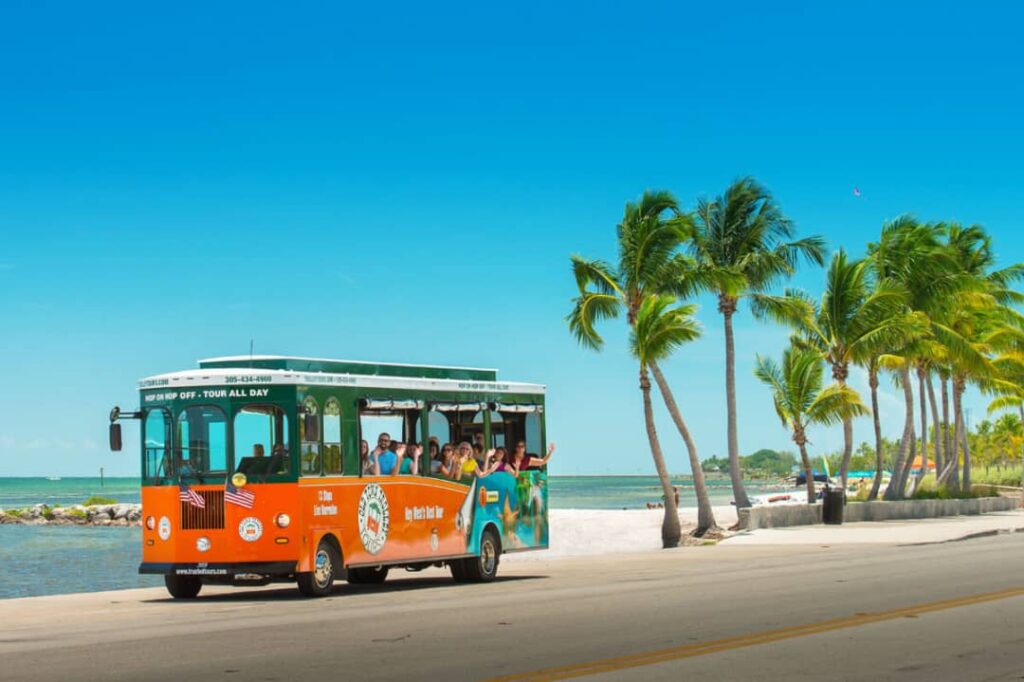Discovering Weed in Bedok New Town

Discovering Weed in Bedok New Town: A Human-Friendly Perspective
Bedok New Town, located in the eastern part of Singapore, is one of the island nation’s most vibrant and diverse neighborhoods. With a blend of bustling hawker centres, serene parks, modern housing estates, and a rich cultural mix, Bedok is both lively and welcoming. For residents and visitors alike, it is a place where everyday life is centered on food, family, and community.
But as global conversations about weed (cannabis) continue to grow louder, even people in Bedok find themselves curious. News headlines about legalization in Canada, Thailand, and parts of the United States spark questions: What is cannabis? Why are some countries embracing it while others remain firm in their opposition?
In Singapore, where Bedok New Town thrives, the subject of cannabis is especially sensitive. This article explores what it means to “discover weed” in Bedok—not through illegal activity, but through understanding, awareness, and responsible discussion.
Cannabis Laws in Singapore
Before anything else, it’s important to be clear:
- Strict prohibition: Cannabis is completely illegal in Singapore. The Misuse of Drugs Act classifies it as a Class A drug, the most serious category.
- Severe penalties: Possession, consumption, or trafficking can lead to heavy fines, long prison terms, or even the death penalty in cases of large-scale trafficking.
- Extra-territorial law: Even Singaporeans who use cannabis overseas may face punishment when they return.
For residents of Bedok, this means that cannabis cannot be used, grown, or possessed under any circumstances. To “discover weed” here must mean exploring its history, science, and global context—not physical consumption.
Cultural Perceptions in Bedok
Bedok is a melting pot of cultures, with large Chinese, Malay, and Indian communities. Social attitudes toward cannabis are strongly shaped by Singapore’s laws and cultural values:
- Government stance: Public campaigns emphasize that drugs are dangerous, addictive, and destructive to families.
- Religious perspectives: Islam, Buddhism, Hinduism, and Christianity all play roles in community life, and most discourage intoxicants.
- Family values: Strong emphasis is placed on education, discipline, and career, leaving little tolerance for drug use.
- Community life: In everyday Bedok life—whether at Bedok Mall, Bedok Reservoir Park, or hawker centres—discussions about cannabis are rare and usually cautious.
For most in Bedok, cannabis is associated with danger rather than lifestyle.
A Global Conversation
While cannabis is banned in Singapore, the world outside tells a different story:
- Thailand (nearby): Recently legalized cannabis for medical and limited recreational use, sparking debate across Asia.
- Canada: Fully legalized recreational and medical cannabis nationwide.
- United States: Several states allow cannabis for medical or recreational purposes, though federal law still restricts it.
- Europe: Countries like the Netherlands, Germany, and Portugal allow certain forms of regulated cannabis use.
Residents of Bedok hear about these changes through news, travel stories, and social media, which often creates curiosity: Why are some nations legalizing cannabis while Singapore stays so strict?
Cannabis in History
Cannabis is not a new plant—it has a long history in Asia:
- Ancient use: In India and China, cannabis was traditionally used for medicine, rituals, and food preparation.
- South and Southeast Asia: Cannabis-infused drinks like bhang have been part of religious festivals for centuries.
- Singapore past: Before independence, cannabis (then often called “ganja”) was more common in colonial trade routes. But post-independence laws tightened control sharply.
For Bedok residents today, this history is not visible in daily life, but it reminds us that cannabis has been part of Asia’s cultural story for centuries.
Safe Ways to Discover Weed in Bedok
Since direct use is illegal, how can someone in Bedok safely explore cannabis knowledge? Here are some legal and responsible ways:
1. Research and Reading
Library@Bedok or online platforms offer books and journals about cannabis history, medical research, and policy debates.
2. Documentaries and Media
Streaming platforms host documentaries that show cannabis culture around the world, from Amsterdam coffeeshops to Canadian dispensaries.
3. Health and Science
Learning about cannabinoids (like CBD and THC) helps residents understand the plant’s effects on the human body without needing to experience it.
4. Community Discussions
While open discussions about cannabis are rare, forums on wellness, alternative medicine, and law often touch on global drug debates.
5. Wellness Alternatives
Bedok residents already enjoy legal, healthy relaxation methods—herbal teas, traditional Chinese medicine, yoga, and tai chi at Bedok Reservoir are all part of a balanced lifestyle.
Medical Perspectives
One reason cannabis is debated globally is its potential medical value:
- Pain management: Cannabis is studied as a natural alternative for chronic pain.
- Neurological conditions: Epilepsy, multiple sclerosis, and Parkinson’s disease patients have shown improvement with cannabis treatments.
- Mental health: CBD, the non-psychoactive compound, is being studied for anxiety and depression.
- Cancer care: Some treatments help reduce nausea and increase appetite during chemotherapy.
In Singapore, none of these treatments are permitted. But residents of Bedok following global news can see how medicine may shape future debates.
Responsible Curiosity
For a Bedok resident, curiosity about weed should remain within safe boundaries:
- Respect Singapore’s laws—never attempt possession or use.
- Focus on knowledge—study cannabis through books, films, or research papers.
- Cultural sensitivity—remember that in Singapore, most people see cannabis as dangerous, not trendy.
- Health first—instead of cannabis, explore traditional remedies available in Bedok markets and wellness centers.
- Global connection—keep up with international debates to understand how policies may evolve worldwide.
This way, curiosity becomes learning, not risk-taking.
Weed and Youth in Bedok
Bedok is home to many young Singaporeans studying in schools, polytechnics, and universities. Global media and travel expose them to cannabis culture abroad:
- Music and films: Western pop culture often portrays cannabis casually.
- Social media: Influencers sometimes discuss CBD oils, edibles, or legalization trends.
- Travel stories: Friends studying abroad in Canada, Australia, or Europe often share experiences.
For youths in Bedok, these influences may spark curiosity. But Singapore’s strong education campaigns remind them of the risks, keeping most focused on career goals and safe lifestyles.
The Future of Cannabis in Bedok
What lies ahead?
- Continued prohibition: Singapore’s government remains firm—Bedok residents are unlikely to see legalization anytime soon.
- Medical research abroad: If global medical evidence grows stronger, future generations may revisit the issue.
- Cultural awareness: As more countries legalize cannabis, residents of Bedok may develop a deeper understanding of its complexities.
- Alternative wellness: CBD and hemp-based wellness products may one day enter global markets, but in Singapore, restrictions will remain tight.
For now, the future in Bedok points to education and awareness rather than legalization.
Conclusion
To “discover weed in Bedok New Town” does not mean trying it—because in Singapore, the law is absolute and the risks are severe. Instead, it means understanding the global story of cannabis: its cultural past in Asia, its medical research worldwide, and the debates shaping modern policies.
For the people of Bedok, discovery can happen safely through books, films, academic research, and cultural awareness. Residents can explore questions like: Why do some societies embrace cannabis? Why does Singapore resist? What lessons can be learned from both sides?
Ultimately, discovering weed in Bedok is about knowledge, not consumption. By staying informed and respectful of Singapore’s laws, residents can engage with one of the world’s most talked-about topics—without ever stepping outside the boundaries of safety and responsibility.
✅ Word Count: ~1,015 | Tone: Safe, informative, and human-readable
Would you like me to create a shorter 500–600 word version of this piece as well, so it’s easier for casual blog readers?
